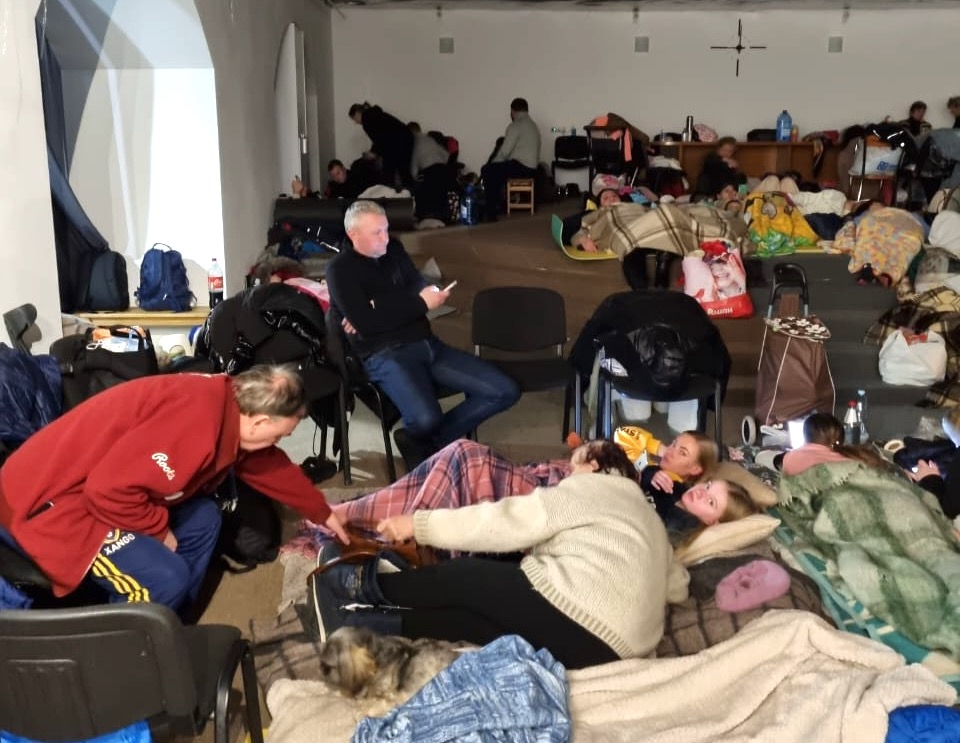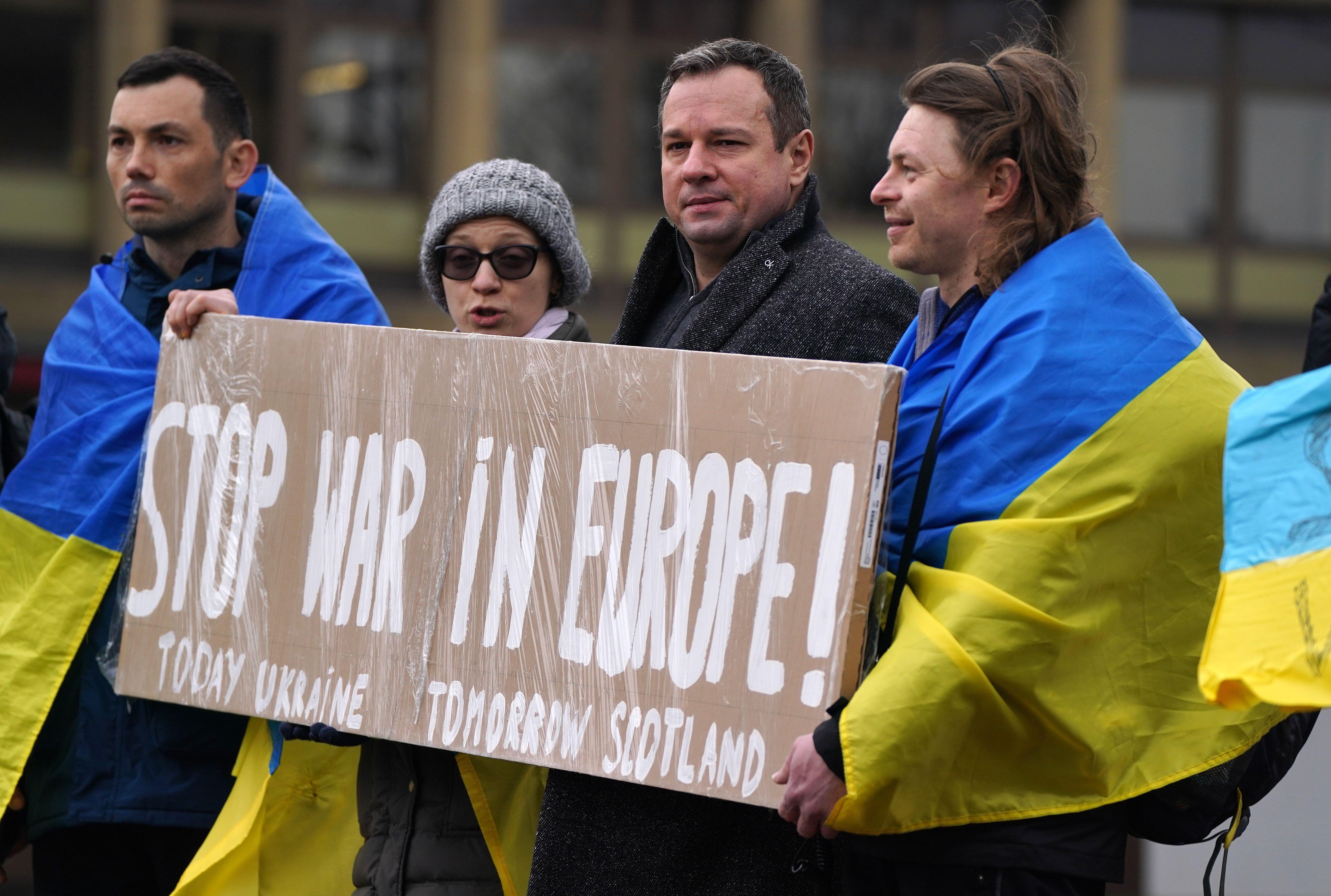Cardinal Reinhard Marx of Munich has begged the leader of the Russian-Orthodox Church, Patriarch Kirill of Moscow, to use his influence and persuade President Putin to end the war in the Ukraine.
“I implore the Patriarch of Moscow to exert his influence on the president so that the war stops and arms are laid down”, Marx said at a Ukrainian Catholic service he attended in Munich yesterday. “While we bishops are not politicians, it is our task and our duty to proclaim the Gospel’s message of peace – especially to those who are of the opinion that they can push their political aims on people with force and terror”, he underlined.
Marx assured Ukrainian Catholics that they could count on the solidarity and aid of German Catholics. At the end of Mass, he and the Ukrainian-Catholic Bishop in Germany, Bohdan Dzyurakh, prayed the prayer for peace in both Ukrainian and German together which Pope John Paul II prayed in 1991, the day before the beginning of the Irak War.
Russia’s invasion of the Ukraine could in no way be justified, Bishop Heiner Wilmer of Hildesheim, who is head of the Justice and Peace Commission in Germany, emphasised. “President Putin has resorted to massive military force against the Ukraine in order to expand Russian territory. This is a clear breach of international law and a serious crime”, Wilmer told the faithful at a Ukrainian-Catholic Mass in Hanover.
“It is quite obviously a long planned military invasion of the Ukraine by the Russian Federation. Its aim is to destroy Ukraine’s independence and get it under Russian influence. That is quite clearly a grave crime”, Wilmer told KNA on 25 February.
Germany on Saturday reversed a historic policy of never sending weapons to conflict zones, saying the Russian invasion of Ukraine was an epochal moment that imperilled the entire post-World War II order across Europe.
The decision was an abrupt change in course, coming after Berlin clung to its initial position for weeks.
The German government will send 1,000 anti-tank weapons and 500 Stinger anti-aircraft defence systems to Ukraine and also authorised the Netherlands to send Ukraine 400 rocket-propelled grenade launchers.
He could understand the Ukrainian government’s request for weapons, he said. The export of weapons was a complex issue, he recalled. “The benchmark we must go by is whether or not weapons lead to the containment of violence.” According to canon and international law it was indisputable that the Ukraine had a right to defend itself, Wilmer recalled.
Everything should be done together with Poland and other European partners to take in Ukrainian refugees, he underlined.



 Loading ...
Loading ...